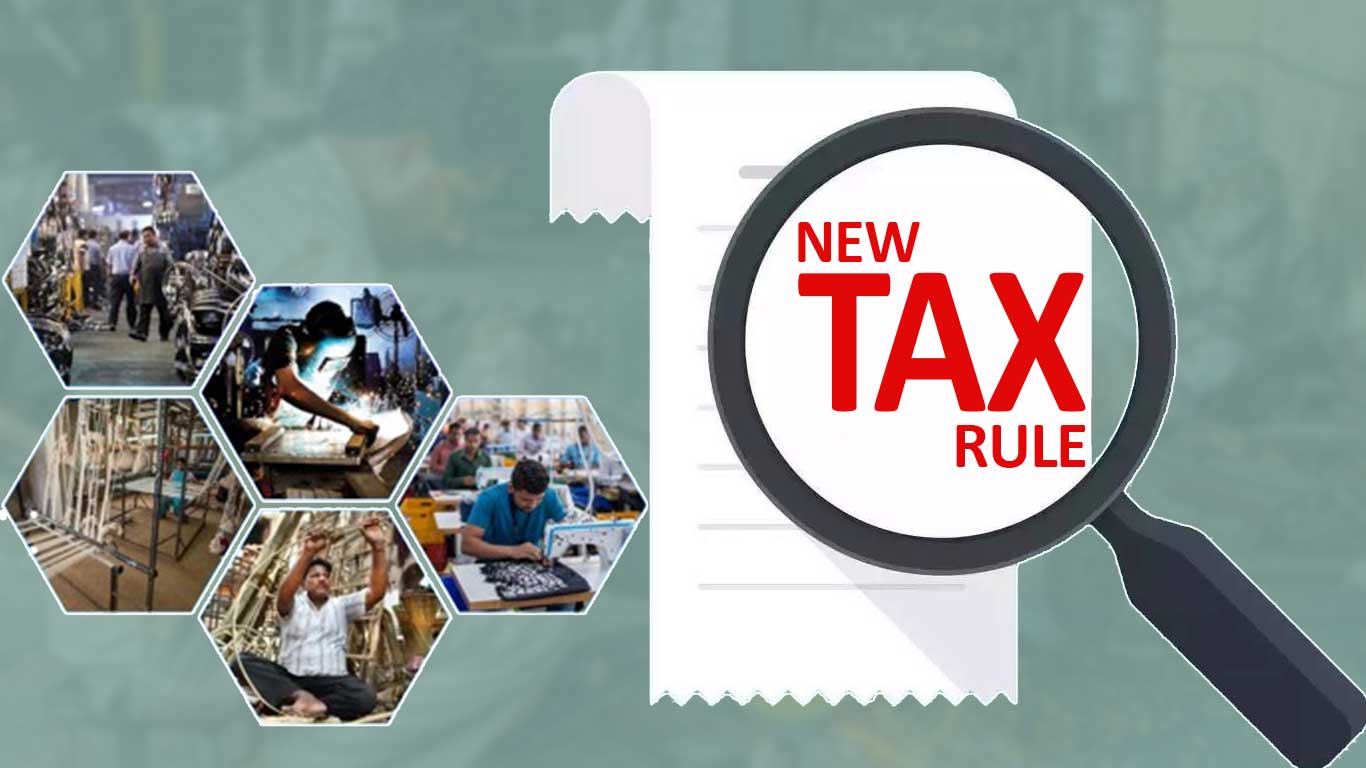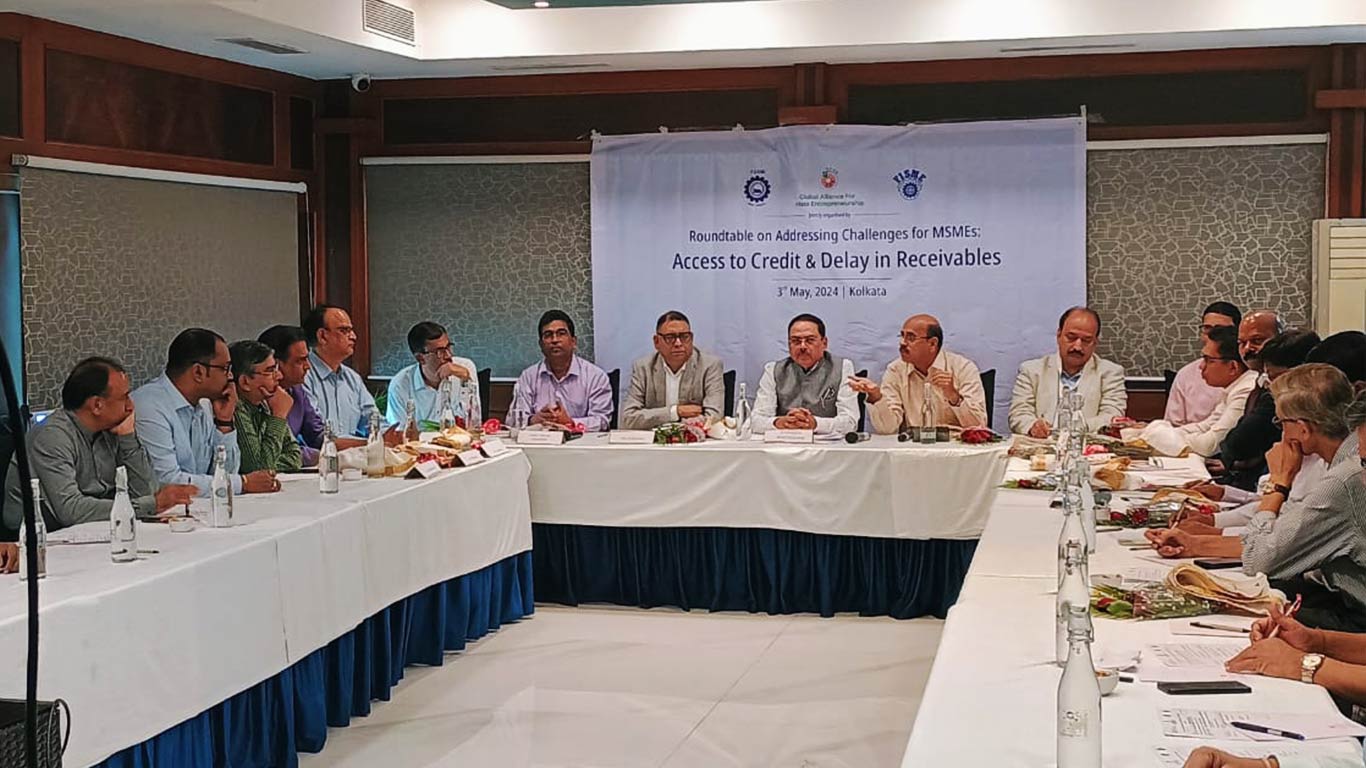Maternity Bill to take a toll on women employment in MSME sector: Industry Experts
Updated: Aug 30, 2016 07:44:33am

Maternity Benefit (Amendment) Bill, 2016, to take a toll on women employment in MSME sector: Industry Experts
New Delhi, Aug 30 (KNN) The Maternity Benefit (Amendment) Bill, 2016, which was passed by the Rajya Sabha earlier this month, will take a toll on women employment in the micro, small and medium enterprises (MSME) sector for sure, feel the industry leaders from the sector.
The amendments in bill include increasing maternity leave from 12 weeks to 26 weeks for mothers with two surviving children, 12 weeks for more than two children, 12 weeks for a commissioning and adopting mother and a mandatory creche in respect of establishment with 50 or more employees.
Women participation in the labour force is currently 22.5% at present. MSME sector which generates millions of jobs in the country usually have lesser women employees.
According to the industry experts, the Bill is likely to pull down the number of women employed in MSMEs further.
The Federation of Indian Micro and Small & Medium Enterprises (FISME) said that the apprehension is quite real.
“The impact will be quite negative and lead to further gender bias. The social security cost is quite high plus we are imposing more cost on the small firms (by increasing maternity leave),” said Anil Bhardwaj, Secretary General, FISME.
Acknowledging that the Maternity Leaves are important for women, Bhardwaj pointed the small firms may not be able to bear the cost of such long maternity leave.
He said this would ultimately lead to small firms shying away from hiring women employees once the law is implemented.
The regional associations too share the same sentiments.
Talking to KNN, Manmohan Gaind, Vice President, Manesar Industries Welfare Association (MIWA) said, “It’s a huge burden for the MSMEs and I personally feel that it will adversely impact the employment generation for women in MSME sector.”
Throwing light on the matter, Gaind said that industry and employers belong to different categories like - corporates, large enterprises and MSMEs.
“This rule is pretty much okay with higher category industries though it will have a financial burden on them too but on MSMEs it would have much more financial impact.
“Gradually over a period of next 3-4 years, the move would largely impact the employability of women,” he added.
MIWA VP, however, said “Principally I am not against the government’s move but what the government should do is that it should cover the maternity cost under various health schemes like ESIC, so then the burden would not fall on the individual units.”
“This is the way out to help the MSMEs as well as implement the law effectively,” he said.
Gaind suggested that if any health scheme can bear the cost of this then it will be a service to the nation because MSMEs are ready to pay for that health scheme rather than putting a bill which is quite a burden.
The estimated contribution of the MSME sector, including the service segment, to the country's GDP in 2012-13 was 37.54 per cent while the total employment in the sector is 805.24 lakh and the share of MSMEs in India's total exports for 2014-15 stood at 44.7 per cent.
Sharing his views, Manish Goel, President, Indian Industries Association (IIA) said that women will get less employment in the industry after the law is implemented. Government should provide crèche facilities to women employees rather putting this burden on the MSMEs.
“It is a social cause and the government should bear the burden of it. MSMEs cannot bear this cost because industry does not have any margin for these things,” he said.
“We are not IT companies or big corporate houses, but just small manufacturers,” Goel stated adding MSMEs have to face cut throat competition. Additional cost can lead to fall in turnover.
The bill is expected to put before the Lok Sabha in the winter session of Parliament (KNN Bureau)











